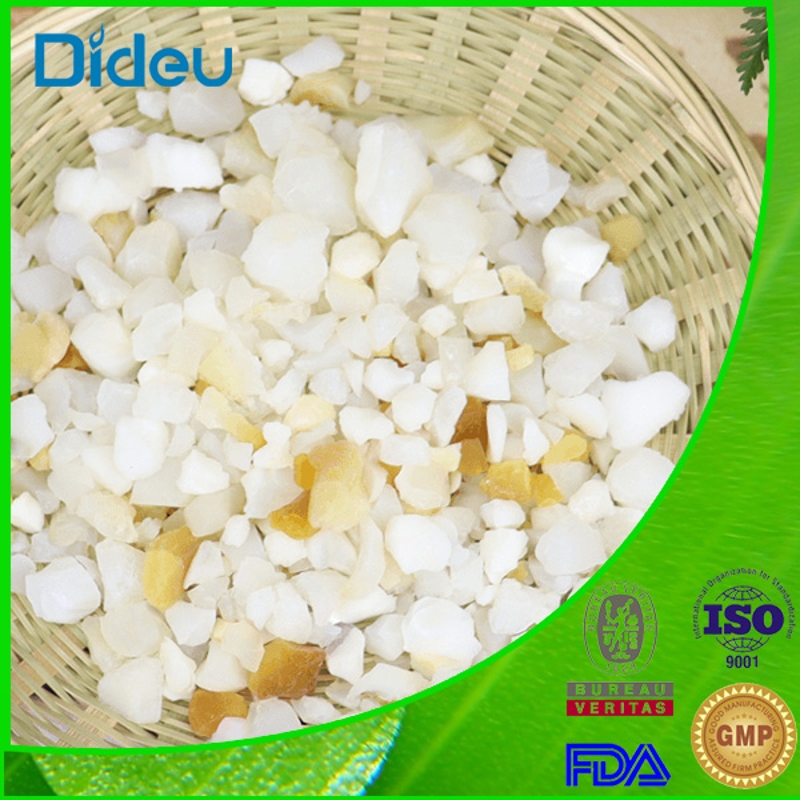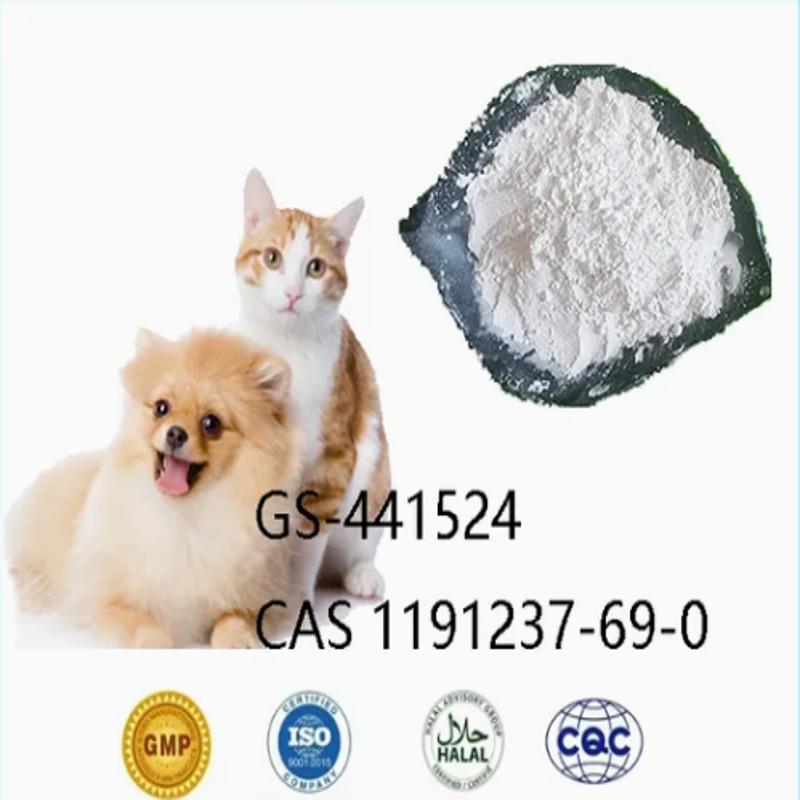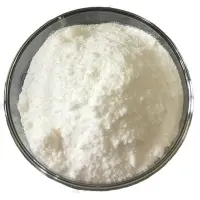-
Categories
-
Pharmaceutical Intermediates
-
Active Pharmaceutical Ingredients
-
Food Additives
- Industrial Coatings
- Agrochemicals
- Dyes and Pigments
- Surfactant
- Flavors and Fragrances
- Chemical Reagents
- Catalyst and Auxiliary
- Natural Products
- Inorganic Chemistry
-
Organic Chemistry
-
Biochemical Engineering
- Analytical Chemistry
-
Cosmetic Ingredient
- Water Treatment Chemical
-
Pharmaceutical Intermediates
Promotion
ECHEMI Mall
Wholesale
Weekly Price
Exhibition
News
-
Trade Service
Recently, the US FDA granted the bispecific antibody Teclistamab (JNJ-7957) breakthrough therapy designation for the treatment of patients with relapsed/refractory multiple myeloma (MM).
▌Relapse of drug resistance, how can multiple myeloma break through?
▌Relapse of drug resistance, how can multiple myeloma break through?
Multiple myeloma (MM) is a hematological malignant tumor that is more common than leukemia, second only to non-Hodgkin's lymphoma.
It is characterized by abnormal proliferation of bone marrow plasma cells, causing bone and kidney problems.
It occurs mostly in old age .
It is characterized by abnormal proliferation of bone marrow plasma cells, causing bone and kidney problems.
It occurs mostly in old age .
Some patients with multiple myeloma do not have any symptoms at first, but because the production of normal immunoglobulin is inhibited, patients are prone to various bacterial infections.
When most patients are diagnosed, possible symptoms include fractures or pain, low blood cell counts, fatigue, high calcium levels, kidney problems or infections.
In recent years, although great progress has been made in chemotherapy, proteasome inhibitors, immunomodulators, and CD38-targeted antibodies, almost all patients will eventually experience drug resistance relapse.
In the past two years, the FDA has approved many new therapies, including Abecma, a CAR-T therapy targeting BCMA, and Blenrep, an antibody-conjugated drug, for the treatment of patients with relapsed/refractory MM.
However, for patients with relapsed/refractory multiple myeloma, clinical treatment options are still limited, and more innovative therapies with unique mechanisms of action are needed.
▌Bispecific antibody: Teclistamab
▌Bispecific antibody: Teclistamab
Teclistamab is a subcutaneously injected, universal bispecific antibody targeting B cell maturation antigen (BCMA) and CD3 receptor on the surface of T lymphocytes.
It redirects the CD3 receptor to BCMA-positive myeloma cells to induce malignant cell death .
It redirects the CD3 receptor to BCMA-positive myeloma cells to induce malignant cell death .
Preclinical data show that Teclistamab can kill myeloma cell lines and bone marrow-derived myeloma cells from patients who have undergone a large amount of pretreatment.
In 2020, the European Commission and the FDA respectively granted Teclistamab "orphan drug" designation for the treatment of multiple myeloma.
In January of this year, Teclistamab was also granted PRIME (Priority Medicine) designation by the European Medicines Agency (EMA).
In January of this year, Teclistamab was also granted PRIME (Priority Medicine) designation by the European Medicines Agency (EMA).
▌The total remission rate is 73%, and the results of innovative therapies are eye-catching!
▌The total remission rate is 73%, and the results of innovative therapies are eye-catching!
This identification is based on positive data from the Phase 1 MajesTEC-1 study.
This is an open-label, multi-center trial to evaluate the safety and effectiveness of teclistamab in 149 adult patients with relapsed/refractory MM.
These patients are intolerant to standard therapies or have relapsed/refractory, and have not previously received BCMA targeted therapy.
This is an open-label, multi-center trial to evaluate the safety and effectiveness of teclistamab in 149 adult patients with relapsed/refractory MM.
These patients are intolerant to standard therapies or have relapsed/refractory, and have not previously received BCMA targeted therapy.
The data of the first phase announced at the 2020 ASCO virtual annual meeting shows that:
The objective response rate (ORR) of patients in the Teclistamab treatment group reached 67%, and the partial response rate (VGPR) ≥ 50%.
The updated research results show:
At the recommended phase 2 dose, subcutaneous (SC) Teclistamab injection, the patient's ORR was 73%, VGPR ≥ 55%; complete remission (CR) rate was 23% or higher.
In addition, the median time to the first response of the patient was 1 month; 70% of the third-grade refractory patients responded to the treatment, and 75% of the fifth-grade refractory patients responded to the treatment.
And the patient's remission is not only lasting, but also deepens over time.
And the patient's remission is not only lasting, but also deepens over time.
The drug is well tolerated in different doses, and the maximum tolerated dose has not been determined.
The detailed results will be announced at the 2021 ASCO conference to be held in the near future.
The detailed results will be announced at the 2021 ASCO conference to be held in the near future.
Whether it is intravenous injection or subcutaneous injection, Teclistamab treatment has achieved good deep and durable remission at different doses.
Reference materials:
Reference materials:
https://
https://
This article is an English version of an article which is originally in the Chinese language on echemi.com and is provided for information purposes only.
This website makes no representation or warranty of any kind, either expressed or implied, as to the accuracy, completeness ownership or reliability of
the article or any translations thereof. If you have any concerns or complaints relating to the article, please send an email, providing a detailed
description of the concern or complaint, to service@echemi.com. A staff member will contact you within 5 working days. Once verified, infringing content
will be removed immediately.







